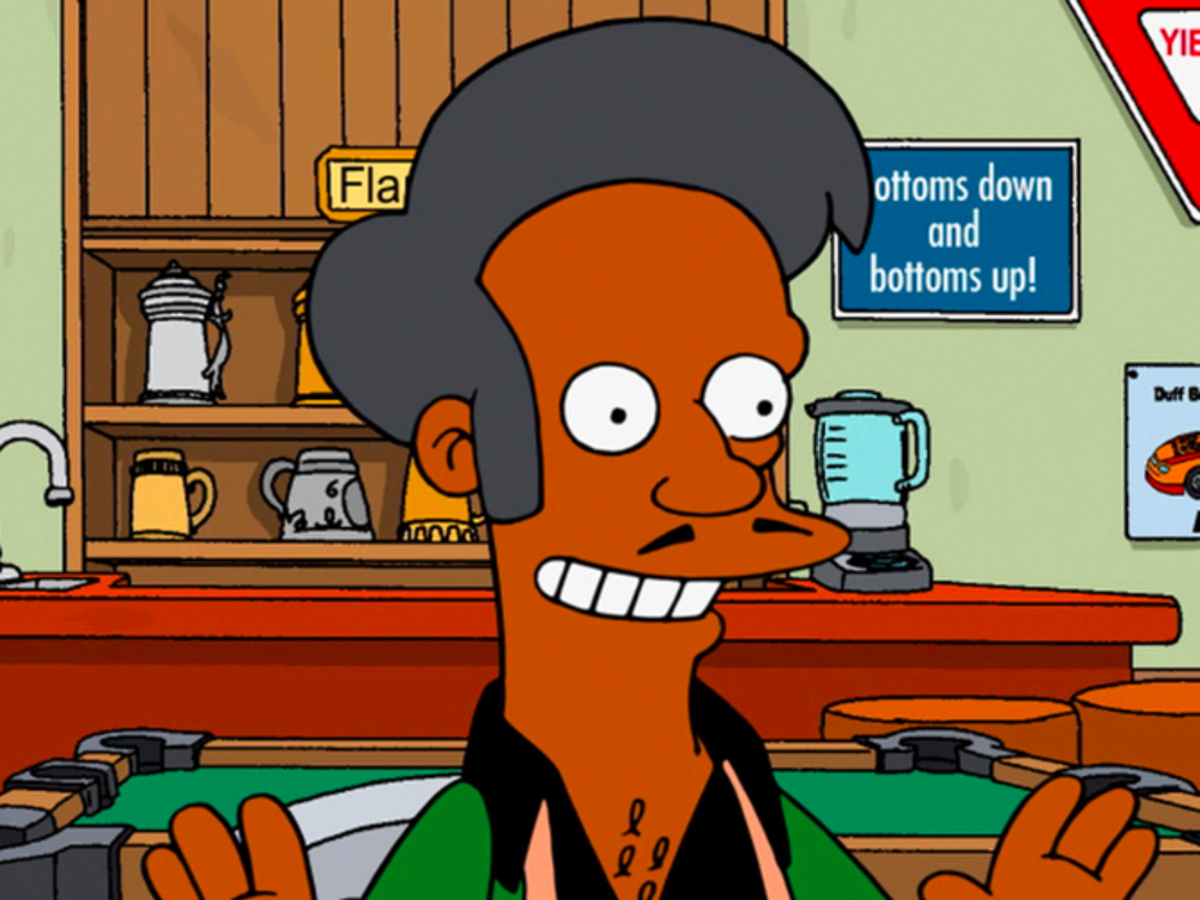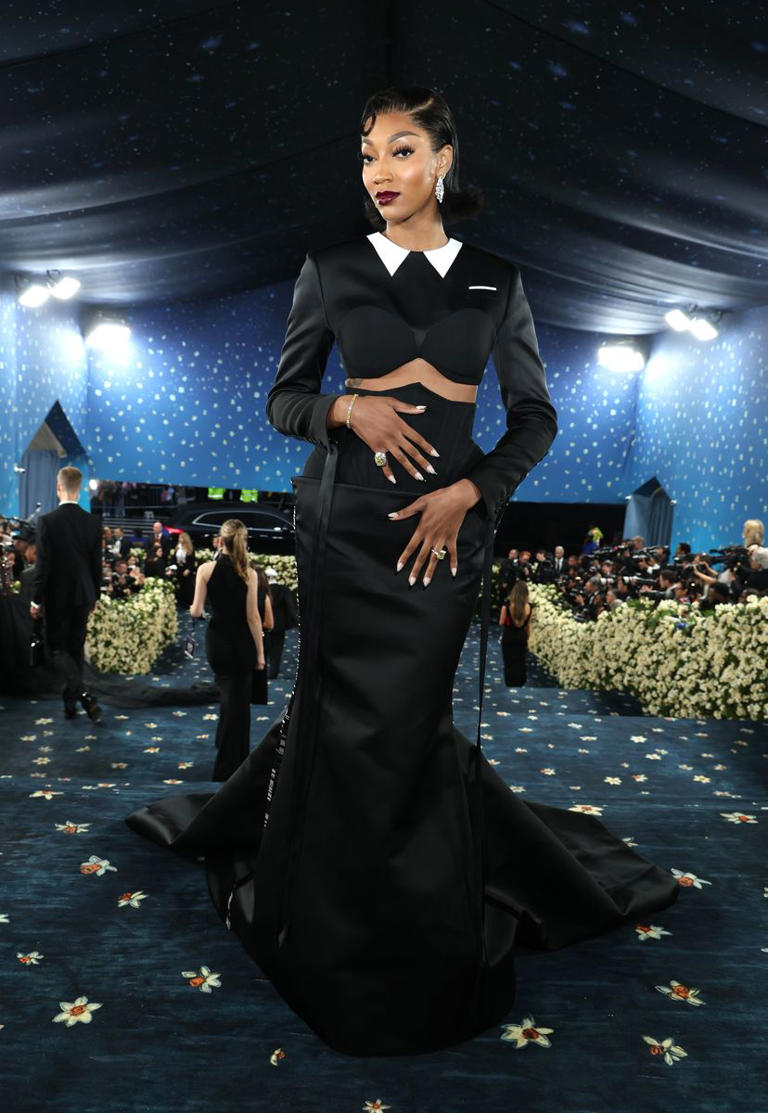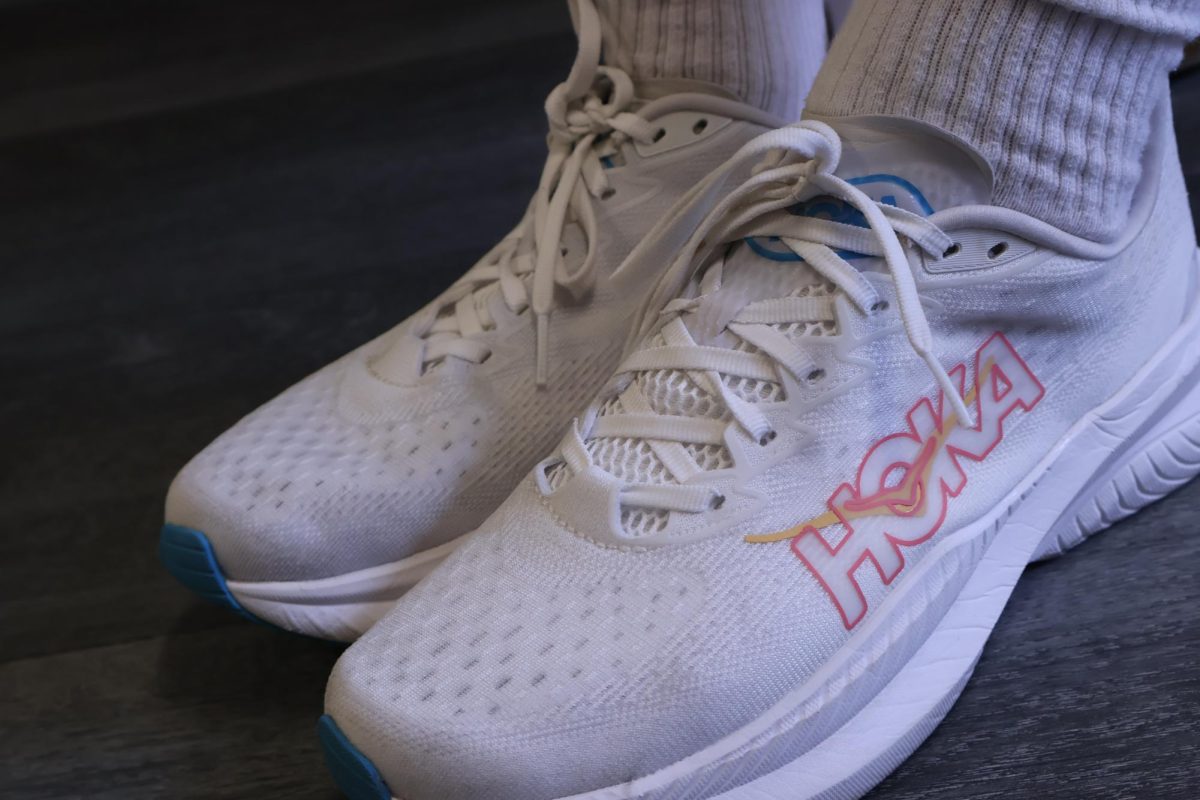Racism in media and how they affect our viewpoints.
The media has a great influence on us as humans, but what happens when this influence is toxic?
The media is our gateway to different cultures, ideas, and thought. We learn much about things outside of our comfort zone through the media. You can be laughing at one of your favorite comedies, or you are in a somber mood due to stories of hardship and suffering reported by your local gazette through our media. Our media makes us feel a myriad of emotions. The media has great control over our thoughts and personalities. This article will probably change your thoughts and ideas in some way too. This influence can cause positive change in our world and daily lives, but it can also cause a negative influence on us.
Racial Stereotypes in Media
Racial stereotypes are a major contributing factor to racism in the modern United States of America. Racist bias is heavily affected by notions about other ethnicities beforehand. Things like police violence against the African American community are mainly caused by stereotypes. Stereotypes cause division between people and can result in violence. These stereotypes are instilled in us. They can come from our environment or family, but they can also come from the media. We interact with the media at a young age. As young children, we watch things like YouTube, TikTok, and network T.V shows. All of these help shape our worldview, but they are also riddled with stereotypes. One of the best examples of this is Apu Nahasapeemapetilon. The character is famous for being the convenience store owner in the classic American T.V show “The Simpsons”. He has been the regard of much controversy. Apu, one of the few Asian Americans in “The Simpsons” has now been iced out of the show after complaints of racism. Before I go into this character, I want to state that these are mainly personal opinions and that I don’t hate the creators of “The Simpsons”. I am simply talking about how stereotypes affect our perceptions of different cultures and ethnicities.
To find stereotypes in Nahasapeemapetilon we must not look farther than his last name. It emphasizes the stereotype that immigrant last names are often long and hard to pronounce. It uses this stereotype to create the comically long “Nahasapeemapetilon”. You will not find this surname in any region of India. Apu is also stereotyped as unhygienic and cheap. Apu’s religion of Hinduism is also mocked frequently. The cherry on top is that Apu’s stereotypical Indian accent is voiced by Hank Azaria, a Caucasian American. One might retort that “The Simpsons” is notorious for stereotyping people from all walks of life, so Apu being stereotyped is nothing special. The first part of this statement is true, but Apu stereotyping an Indian person is different than Homer Simpson stereotyping a white man. Homer Simpson being portrayed negatively doesn’t change the viewer’s idea of white men. Apu, who is part of a minority group, doesn’t have that luxury. Because the Indian American community is so small, many turn to the media to form an opinion. Apu’s actions influence how viewers see Indian people. The actions of the many depend on the few. Many Indian American students in the 1990s complained of racism due to Nahasapeemapetilon’s character.

Apu Nahasapeemapetilon
Overt Racism in the media
In the 2010s, finding a T.V show that is overtly racist is difficult. But this was not always the case. There used to be quite a bit of overt racism in the media. Stereotypes are still bad, but this racism was much worse. One of the best examples of this is blackface. While blackface is still something that happens today, it was very common decades ago. Blackface dates back to the mid-1400s. In the famous Shakespeare play “Othello”. In the United Kingdom, one of the most famous examples of blackface was “The Black and White Minstrel Show”. The show ran till 1978. In the United States, blackface was widely prevalent in T.V. Famous entertainers such as Bing Crosby, Joan Crawford, Shirley Temple, and Betty Hutton all participated in blackface. In the 21st century, famous internet stars such as Shane Dawson have also donned blackface. Blackface mocks and ridicules black people. Blackface is despicable and is highly racist.
During the 1970s in the U.K, the show “Mind your language” aired on the BBC. The show had some comedic moments but mainly revolved around the ridicule of immigrants. The show mocked those who did not have a grasp of the English language. In addition to stereotypes, the show often resorted to racial insults, and occasionally slurs. The show only made racism grow, and was canceled due to its racism.

Hi. I love writing, and this is my second year writing for Canyon Echoes. I am Editor in Chief, and I'm really excited to work with Saanvi and Vedanti,...
























